Why did Rose and Jack have so much fun in the underbelly of the Titanic, drinking pints, laying arms and joining the rough working-class stampede to the music? Because opera productions, city theatres, renowned festivals with spectacular big crowd-embracing stages are magnificent and beautiful and touching and elegant, but they’re also very studied and neat, fine-tuned and well, basically intended to be taken very seriously. As institutions should. But there exist other places, smaller stages, scattered throughout the city, found in small clubs or bars, old electricity factories and bunkers, cellars of restaurants, clubs and ballrooms. Places where the smallness of the space finds a way to bring the performers closer to their audience, in heat, sweat and saliva, in cheer, scorn and thought.
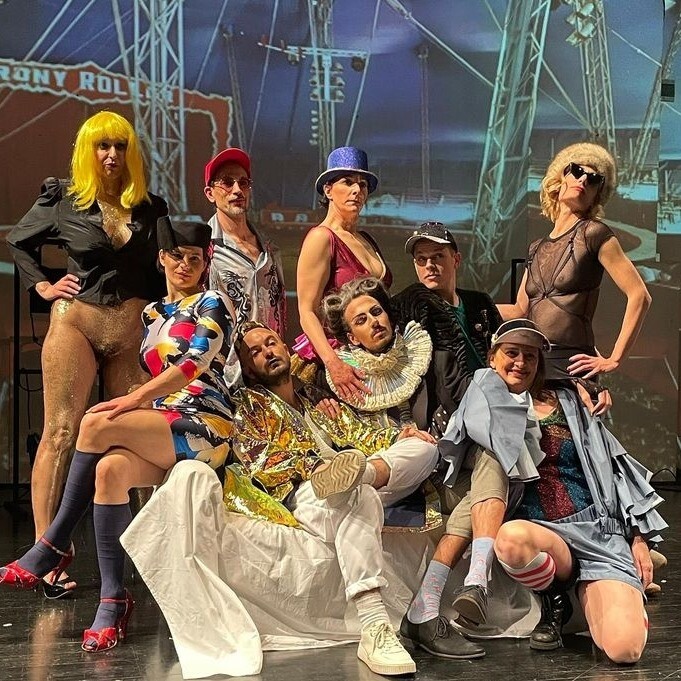
We talk hereby of performing arts that take their space on physically small and non institutionalised stages that are often overlooked, marginalised, shunned as not serious enough to be welcomed to the refined world of the national and city culture and art scene. We simply don’t understand why - they are impossibly fun to attend, even more fun to perform at, they are resourceful in use of space and have this incredible sense of never being completely content with the state of things. They tend to feed an important part of the calling of theatrical art a commentary and mirror to society, an opportunity for subversive thought!
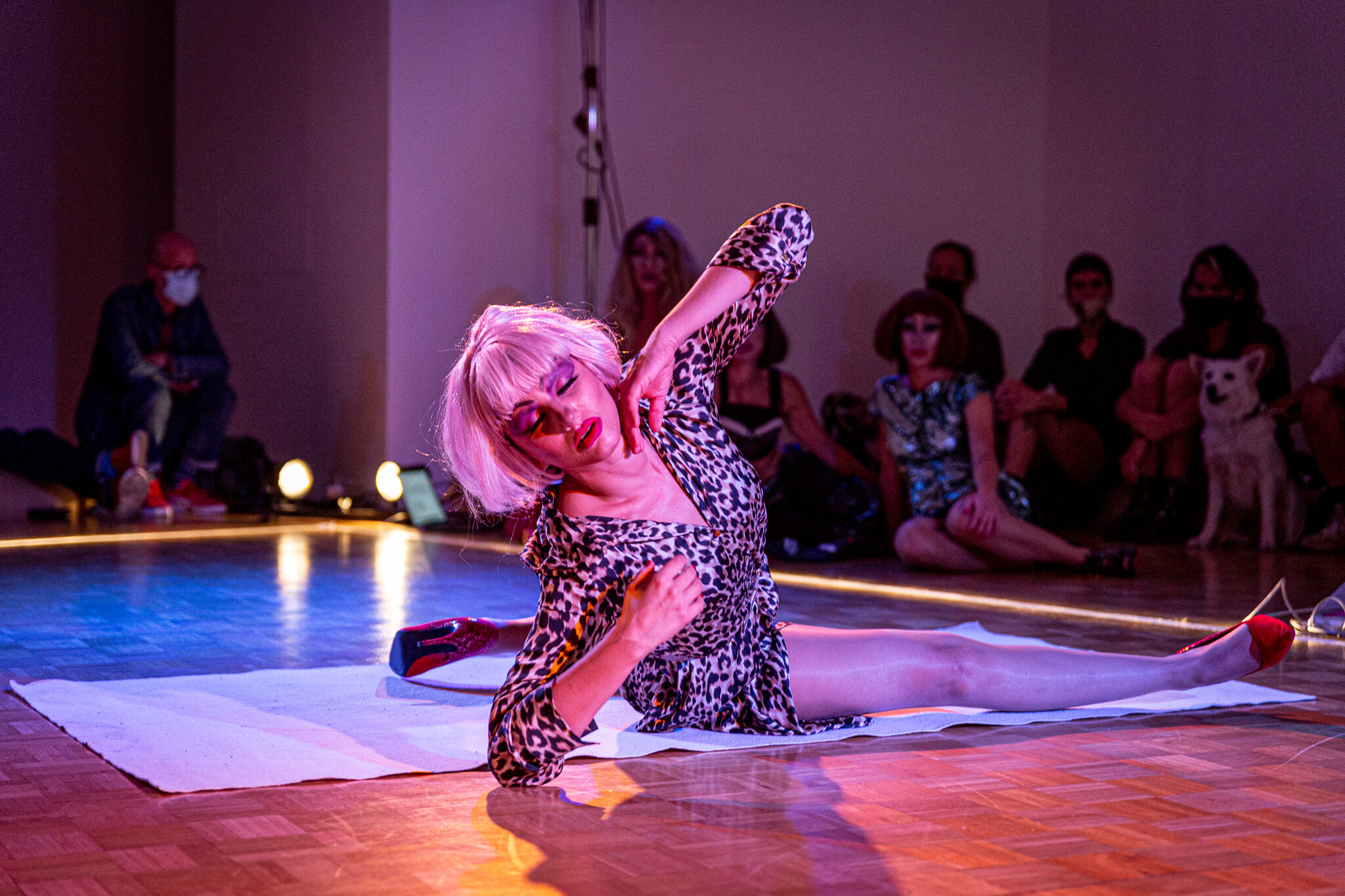
Its performers are amateur, semi or professionals (depends who you ask), often skilled in more than one stage trick, producing and directing their own shows within small teams, societies, NGOs, institutes, through projects or independent self-initiative. They often make their own costumes and do their own make-up, direct, produce and promote their own shows. Like the no-budget film director who has to act, direct, produce and post-produce, these jacks of all the stage trades are incredible characters that share an unparalleled love for performing. And we love them back!
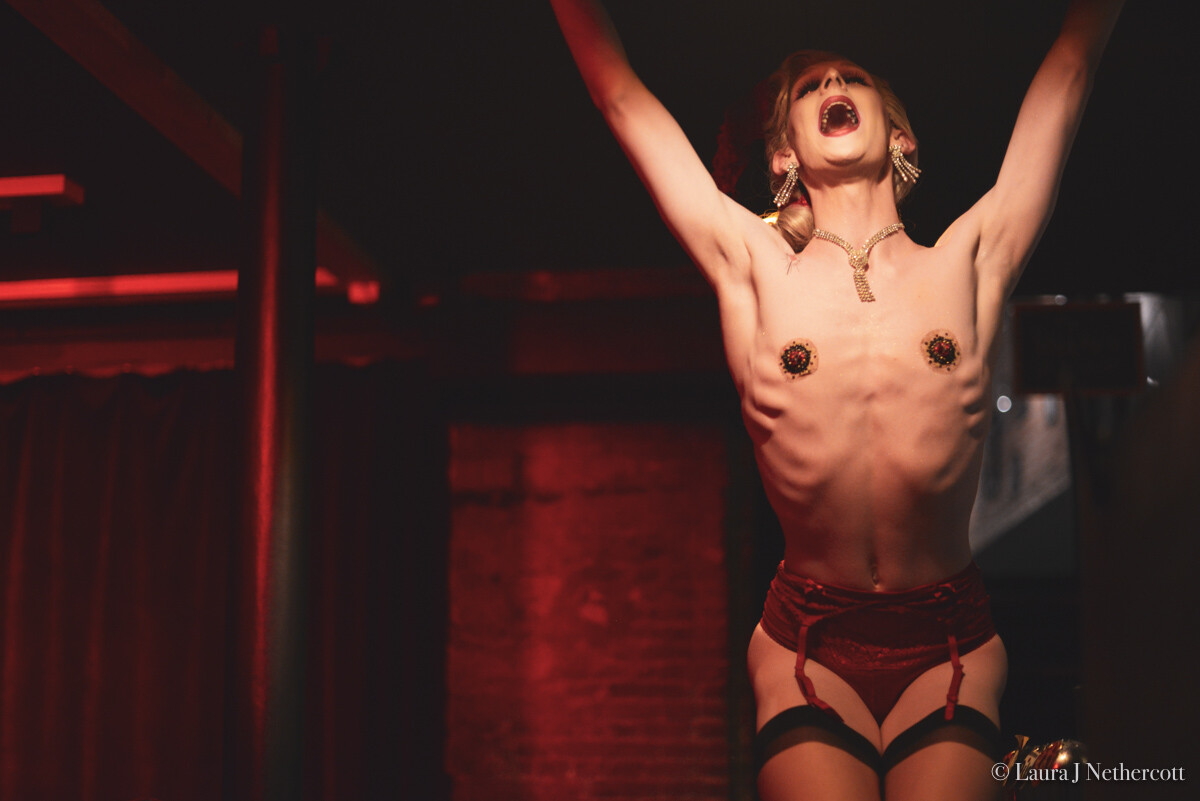
The Emanat institute had been working towards celebrating and legitimising these “Kleinkunst” productions, artists and collectives by organising a series of festivals titled Small Arts Platforms. For the last six years, for a few days per year, the small arts of clowning, physical theatre, (neo)burlesque, cabaret, drag, variety theatre, improvisation theatre and stand-up join together to perform under a greater spotlight, offer workshops on their skills and tricks and join in talks, round tables, evening dances and build a community centred around support and creativity within the scene. The program involves local and international performers, producers, directors, theatre workers, costume designers, makeup- artists, venues, musicians, researchers, writers and photographers, making a huge party of cool people hanging out and connecting.
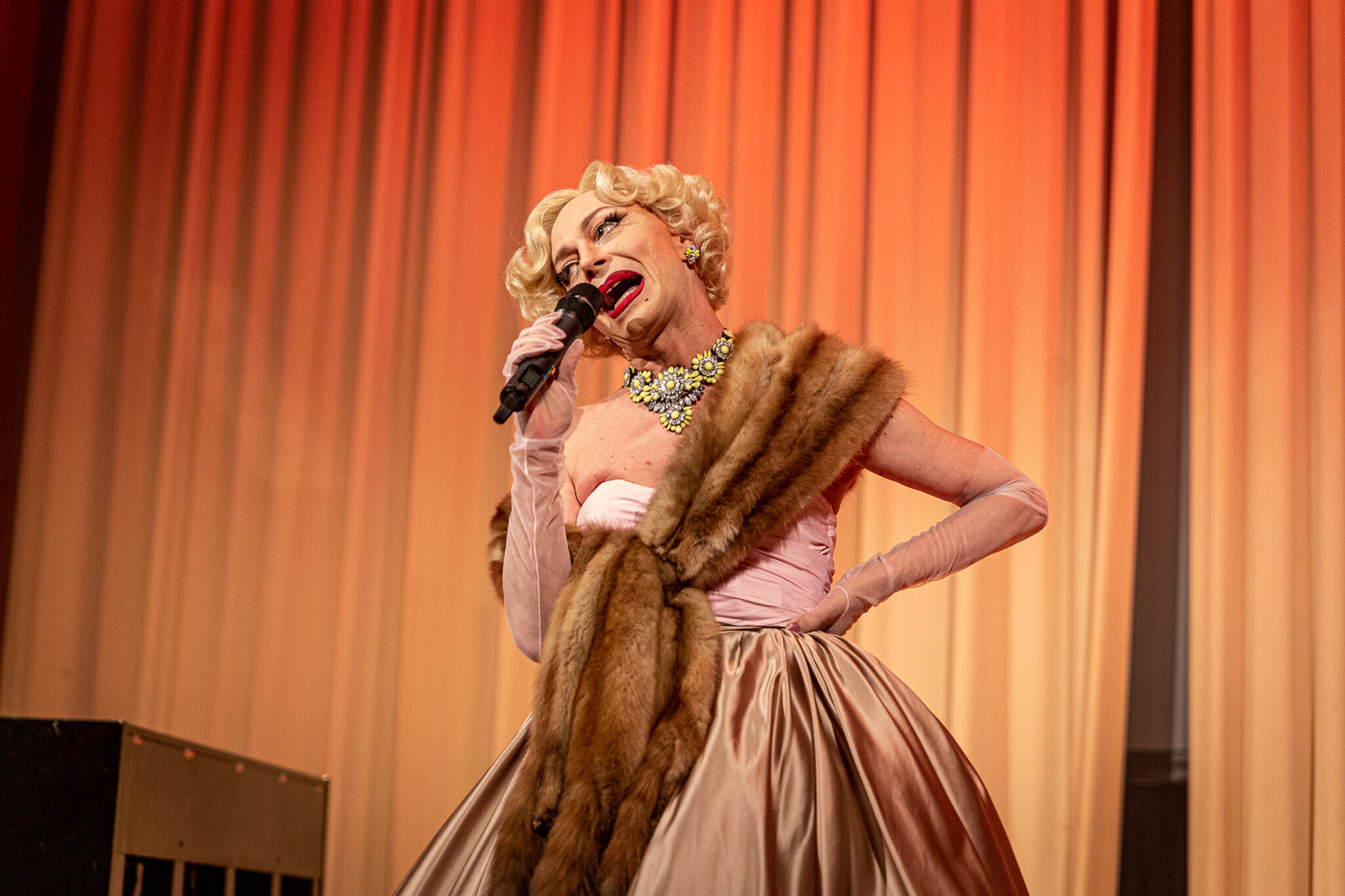
So go to the opera, see the ballerinas, indulge in the orchestra! Ljubljana is a living, breathing creature of culture, art, music, dance, champagnes and cheers, snobs and critics. But you can hardly say you’ve truly discovered a place if you haven’t at least scratched its underbelly. Don’t forget there are other places, smaller places, that give you what Jack gave Rose - a night out to remember! And once a year, they all come together and shablam!
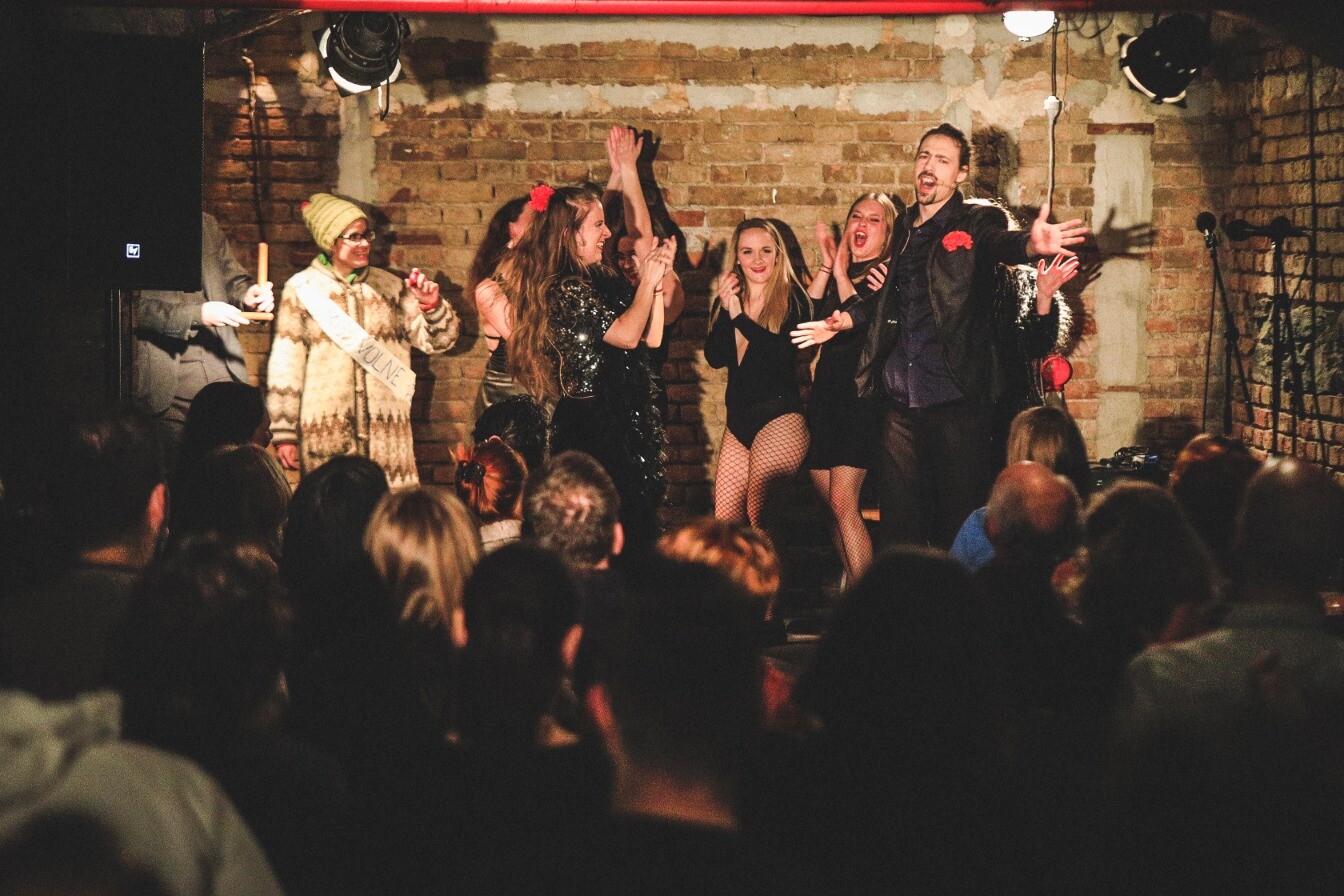
Small Arts Platform 2023
Emanat Institute
Text and photos from www.emanat.si



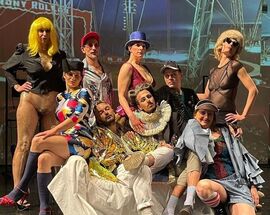



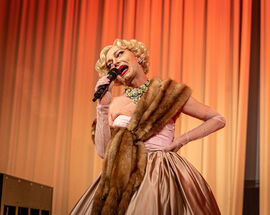
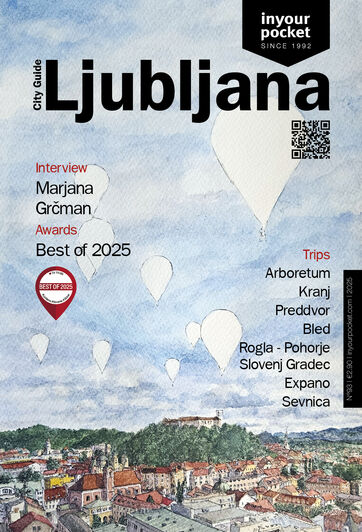


Comments